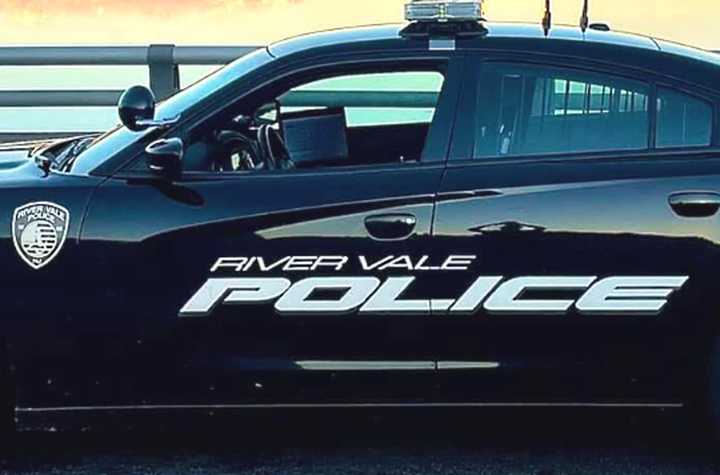NJSACOP is a statewide, independent credentialing body that analyzes the operational effectiveness and clarity of a police department’s policies and procedures.
Although about 570 law enforcement agencies in the state are eligible for law enforcement accreditation, only 43% are accredited.
River Vale police began the process, which can take up to two years to complete, in March of 2021.
“It was a team effort,” said River Vale Police Detective Dan Kristan, who is the department’s accreditation manager. “It involves all our officers at every level to contribute.
“Fortunately, we have a great team atmosphere here, which led our officers to buy in immediately.”
Accreditation produces greater accountability within a law enforcement agency while reducing the insurance risk and exposure to liability.
It also provides a stronger defense against civil lawsuits, increases community advocacy, and inspires confidence in the agency’s ability to operate efficiently and respond to community needs.
Although it hasn’t been proven to directly improve police response time, reduce crime, or cut costs to taxpayers, accreditation does send a message that a department is committed to professionalism — the same as colleges and other institutions do.
For instance, the department must meet more than 100 standards for, among others, prisoner transfers, how petty cash is handled, and the process for evidence chain-of-custody.
A team of law enforcement officers from NJSACOP examined all aspects of the department’s policies and procedures, management, operations, and support services.
It “reviewed written materials, interviewed agency members, and visited offices and other places where compliance with the standards can be observed,” said Harry J. Delgado, the program director.
The review team then reported to the commission’s executive panel, which voted unanimously to approve the River Vale Police Department for accreditation earlier this month.
NJSACOP will present the official certificate of accreditation at a future River Vale Town Council meeting.
Accreditation is valid for a three-year period. During that time, the department must submit annual reports attesting to its continued compliance with accreditation standards.
“We recognize the need for clarity, transparency, and professionalism in law enforcement,” Kristan said, “and this is a testament to that.”
Click here to follow Daily Voice Lyndhurst and receive free news updates.
